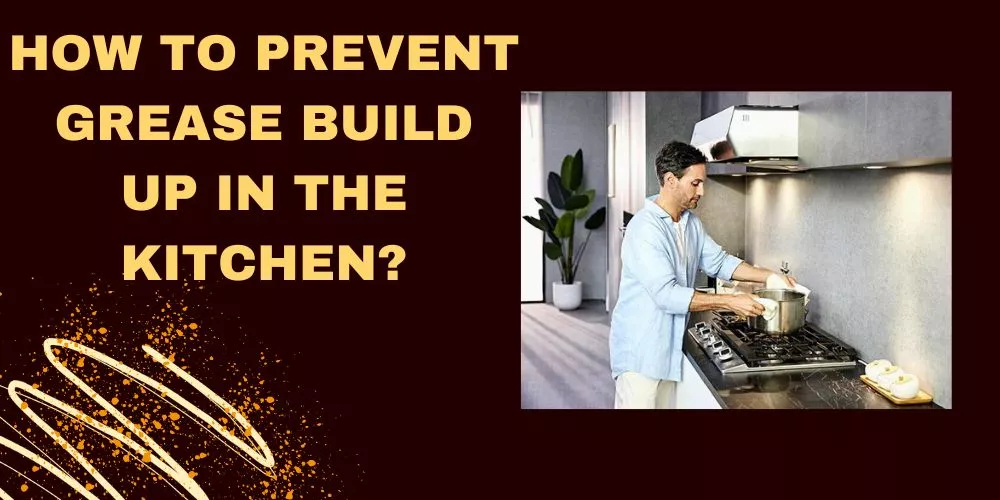Plumbing encompasses a broad range of services, extending far beyond the waterways and into the complex and potentially dangerous realm of gas lines.
While many associate plumbers with fixing leaky faucets or unclogging drains, their expertise is crucial in handling gas-related issues that power many household appliances.
So, do plumbers work on gas lines as well?
This extended article delves deeper into the multifaceted role of plumbers, highlighting their significance in gas line work and providing homeowners with essential information on when and how to seek their services.

Do Plumbers Work On Gas Lines?
A plumber’s day-to-day tasks might primarily revolve around water-related issues, yet their expertise spans a much wider scope.
They are trained professionals equipped to install, repair, and maintain the pipes and fixtures associated with water, sewage, and yes, gas.
This encompasses a range of appliances in your home, from your water heater to your kitchen stove. Recognizing that plumbing encompasses gas line work is essential for homeowners seeking the right professional help for their needs.
Exploring the Safety Standards and Regulations
Given its potential for danger, gas line work is tightly regulated. Plumbers venturing into this area must secure specific licenses that prove their proficiency and understanding of the safety standards required. This licensure ensures they have the necessary training to safely install and maintain gas piping systems.
However, since regulations can vary by jurisdiction, homeowners should acquaint themselves with their local codes and ensure any plumber hired for gas work possesses the correct qualifications.
The Necessity of Specialized Training
The intricacies involved in gas line work demand more than a basic understanding of plumbing. Plumbers must undergo specialized training focused on gas line installation, leak detection, understanding gas pressure, and the different types of gas used in residential properties.
This advanced knowledge is critical for ensuring the safety and reliability of gas appliances in your home.
Diverse Services Offered by Qualified Plumbers
Trained plumbers are capable of performing a wide array of services related to gas lines, including:

Installation
Whether you’re incorporating a new appliance or upgrading your system, plumbers can safely install the necessary gas lines to ensure they meet local codes and safety standards.
Inspection and Maintenance
Regular inspections and maintenance are vital for the longevity and safety of your gas lines. Plumbers can identify and rectify potential issues before they escalate.
Repairs
From minor leaks to major repairs, a licensed plumber is equipped to handle all aspects of gas line repair, prioritizing the safety of your household.
Upgrades and Replacements
Replacing or upgrading old gas lines not only enhances safety but can also improve the efficiency of your gas-powered appliances.
Prioritizing Safety: Precautions and Protocols
Plumbers adopt stringent safety protocols to mitigate the inherent risks of working with gas. These include comprehensive checks before, during, and after any gas work to avoid leaks or accidents.
The importance of hiring a plumber who is well-versed in these safety measures cannot be overstated.
Identifying the Need for a Professional Plumber
Knowing when to call a plumber for gas line issues is crucial. Warning signs, such as the smell of gas, unusually low gas pressure, or non-functioning gas appliances, necessitate immediate professional attention.
In cases of gas odor, evacuating the premises and contacting emergency services should be your first steps, followed by calling a licensed plumber to diagnose and resolve the issue.

Selecting the Right Plumber for Gas Line Work
When the time comes to hire a plumber, thorough vetting is imperative. Ensure the plumber is not only skilled in general plumbing but is also licensed for gas line work specifically.
Recommendations from trusted sources and online reviews can guide you in choosing a professional with a proven track record of safety and reliability.
The Future of Gas Plumbing: Trends and Innovations
The future of gas plumbing is poised for transformation, influenced by tightening regulations, technological advancements, and a global shift towards renewable energy sources. Innovations such as biogas integration and improved leak detection technologies promise enhanced safety and efficiency.
Additionally, the sector may see an increased focus on sustainable practices, with regulations pushing for greener, more energy-efficient gas systems.
This evolution will require plumbers to adapt, acquiring new skills and knowledge to navigate the changing landscape of energy and environmental stewardship.
frequently asked questions (FAQs)
How often should professional inspections of gas lines be conducted?
Annual inspections by a qualified plumber can help identify and prevent potential gas line issues before they become hazardous.
What are some clear indicators of gas line problems?
Unusual odors resembling rotten eggs, hissing sounds near gas lines, and reduced efficiency in gas appliances are potential signs of gas line issues.
Are all plumbers qualified to work on gas lines?
No, plumbers must have specific training and licenses to work safely on gas lines. Always verify these credentials before hiring.
Is gas line work more costly than other plumbing services?
While costs can vary, gas line work might be more expensive due to its complexity and the heightened safety risks. Nonetheless, prioritizing cost over safety can be perilous.
What immediate steps should I take if I suspect a gas leak?
Evacuate your home without triggering any electrical switches or devices that could ignite the gas. Once safely outside, contact emergency services and a licensed professional to address the leak.
Conclusion:
Plumbers play a pivotal role in not just the water-related aspects of our homes but in maintaining and ensuring the safety of our gas lines.
With the right training, qualifications, and adherence to safety protocols, they safeguard our homes from the potential dangers associated with gas.
For homeowners, understanding the critical role of plumbers in gas line work and knowing when and how to hire a qualified professional is paramount.


